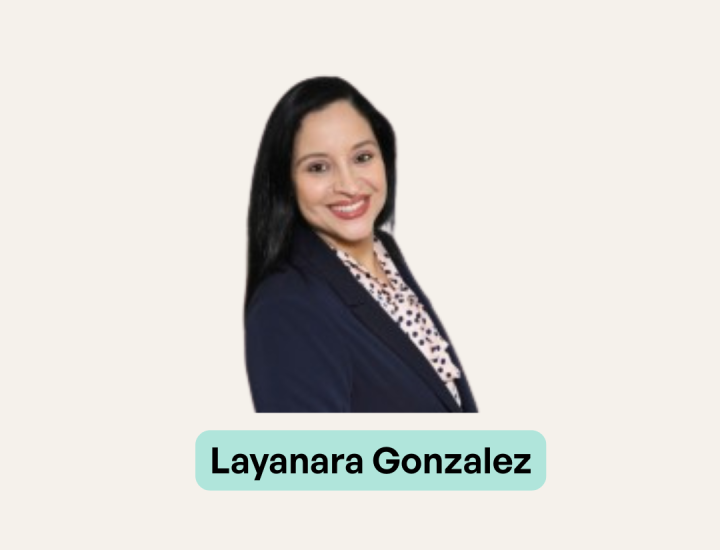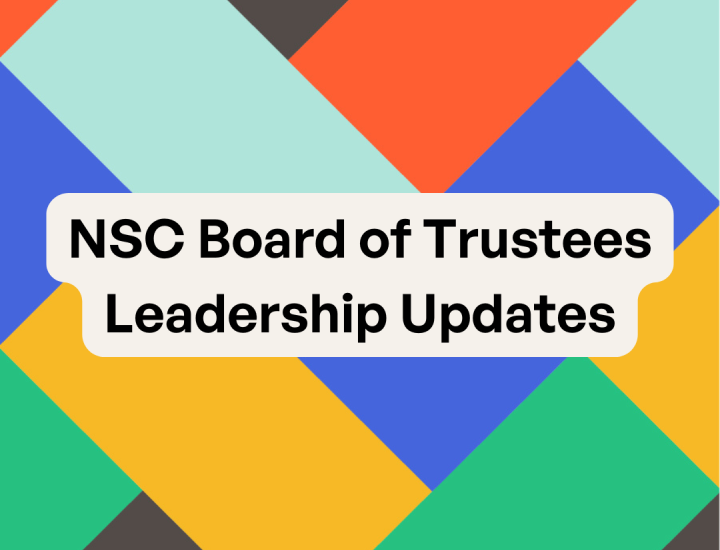Reflections from NSC's New Occupational Therapy Program
Nationalities Service Center prepares and empowers immigrants and refugees in the Philadelphia region to transcend challenging circumstances by providing comprehensive client-centered services to build a solid foundation for a self-sustaining and dignified future.
It’s not your everyday occupational therapy fieldwork experience. My first month at Nationalities Service Center culminated in exercising my right to participate in American democracy on behalf of the clients I wish to serve. This took the form of one raised voice contributing to a unified message of protest against the U.S. President’s executive order to impose a pause on refugee resettlement and a ban on arrivals from seven countries. NSC had closed early that day in the interest of our clients’ safety should any activists supporting the ban have sought to do harm. Upon being compelled to leave the building, rather than taking half of a day for respite, a bulk of the staff took to the streets.
What matters in this story is not reliving that moment of political activism. It’s the reasons NSC staff chose to be out there. It’s how members of the organization feel lucky being the ones to drive out to Philadelphia International Airport at eleven o’clock on a Friday night to escort new arrivals to their new home. It’s how job descriptions matter less than doing whatever is needed to help refugees comprehend life in the United States and thrive.
I’ve spent the better part of a year and a half in the classroom and in other settings learning the importance of client-centered care. I have experience on both sides of the healthcare equation at some of the most prestigious institutions in the world including Mayo Clinic Hospital, Memorial Sloan-Kettering Cancer Center, and The Johns Hopkins Hospital. In the world of health care, these are the places that set the standard of care.
Nationalities Service Center prepares and empowers immigrants and refugees in the Philadelphia region to transcend challenging circumstances by providing comprehensive client-centered services to build a solid foundation for a self-sustaining and dignified future.
NSC’s mission statement plainly states its client-centered approach. Yet, that’s the only place you’ll come across that phrase here. Why? When every action, every encounter, no matter how small, aims to help refugees transcend survival and live, describing anything as client-centered would by oddly truistic. There is little time for conversations that drift toward the quixotic at NSC; it’s understood that grand ideals will only be achieved through each successful job search, school enrollment, doctor visit or friendship.
Work with refugees is described as a “nontraditional setting” for occupational therapy. I like to think of it as a return to the profession’s roots, in which treatment was grounded in a holistic view of the person and enabling them to live better by addressing any barriers to active participation in life, from physical disability to mental illness, developmental disorders to the aging process, unaccommodating environments to culture clash.
Since arriving I have seen all of these barriers and more. Each person, each family has their own story. My job is to appreciate the esoteric needs of the population while simultaneously focusing on the individual. I spend each day doing my best to give back as much as I have gained in life lessons from my experience at NSC. That’s an unattainable goal, but it’s enthralling to be in a place that nurtures my desire to try.
The world will turn however it may outside the doors of NSC. Inside, the dedication is constant. What a privilege to work in a place that taught me how changing the world happens one relationship at a time. I’m renewed each morning when I see the rainbow of skin tones and hear the symphony of languages, giggle with the babies and bow to the elders, hoping I can do my part to make their world today better than the day before.
-Chris Burba, Second-year Student
Thomas Jefferson University
Entry Level Masters in Occupational Therapy Program


